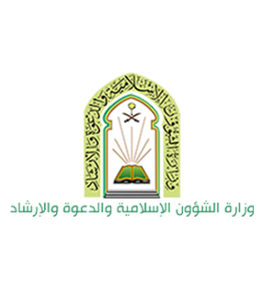 What is Hadi?
What is Hadi?
A sacrificial slaughter is carried out during the rites of Hajj. Hadi is due if you are performing Hajj Iqran or Tamatu’. If you are performing Hajj Ifrad, then no Hadi is required.
 What is Fidya/Dam?
What is Fidya/Dam?
Damm/Fidya is basically an Arabic word which refers to a sacrifice of the animal. The animal sacrifice is to be made according to the Islamic laws i.e. it should be a sacrifice of a goat or a sheep or cost paid for the seventh part of a large animal. People often ask a question about where to pay Damm or Fidya for violating a wajib act of Hajj or Umrah in Makkah, Saudi Arabia?
 What is Udhiya?
What is Udhiya?
Qurbani - or Udhiya - is a sacrifice that is made in the Islamic month Dhul Hijjah during the celebrations of Eid al Adha. The sacrifice made is typically a goat, sheep, cow or camel and is reflective of the personal sacrifice that Prophet Ibrahim (S.A.) was prepared to make for the love of Allah (SWT).
 What is Kaffara?
What is Kaffara?
Kaffara is a means of atoning for certain sins or offenses in Islamic law, including those committed during the Hajj pilgrimage. It may involve acts of charity or fasting, and requirements may vary depending on the sin and school of Islamic law.
 Is Fidya compulsory?
Is Fidya compulsory?
Fidya is an obligatory payment that you must make if you cannot fast for a legitimate reason, and you can't make up the fasts later. According to Islamic law, you need to use your Fidya to provide 2 meals for every single fast missed for those in need.
 Who should give Qurbani?
Who should give Qurbani?
Qurbani is the Islamic ritual of animal sacrifice performed during Eid al-Adha, a time of giving thanks to God and commemorating the Prophet Abraham's willingness to sacrifice his son. It is optional but highly recommended for Muslims who can afford it, and involves sacrificing an animal and distributing the meat to the poor. It is seen as a way of demonstrating devotion to God and fulfilling vows or atoning for sins.
 Which animals cab be sacrificed?
Which animals cab be sacrificed?
According to Islamic tradition, animals that are fit to be sacrificed during Eid al-Adha include sheep, goats, cows, and camels. The animal should be healthy, free of defects or injuries, and of a suitable age. Different schools of Islamic law may have slightly different guidelines on the choice of animal, but ultimately it is a matter of personal preference and cultural tradition as long as the animal is considered fit for sacrifice according to Islamic guidelines.









